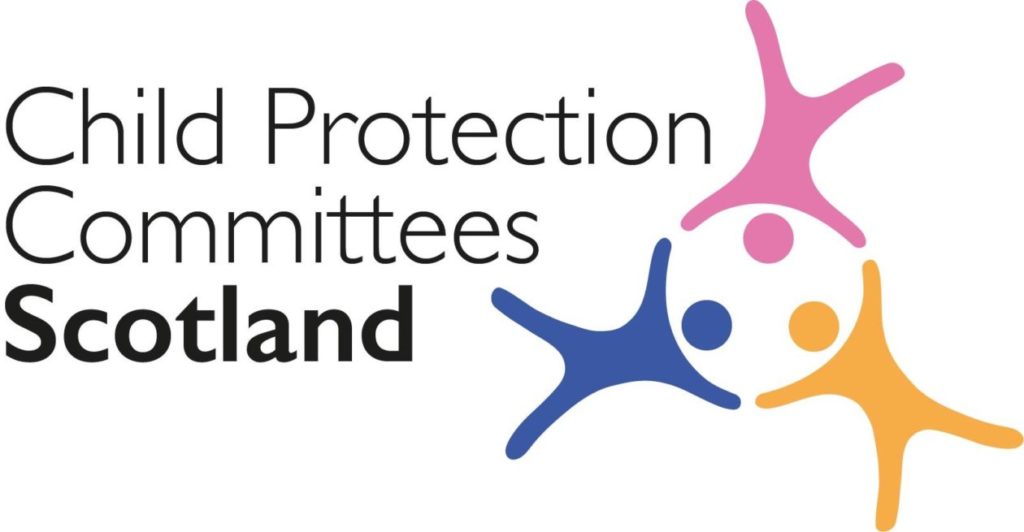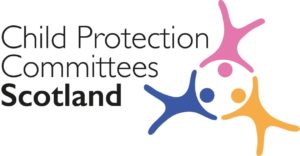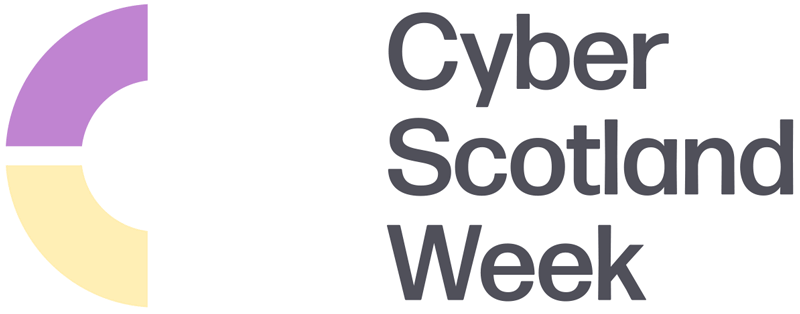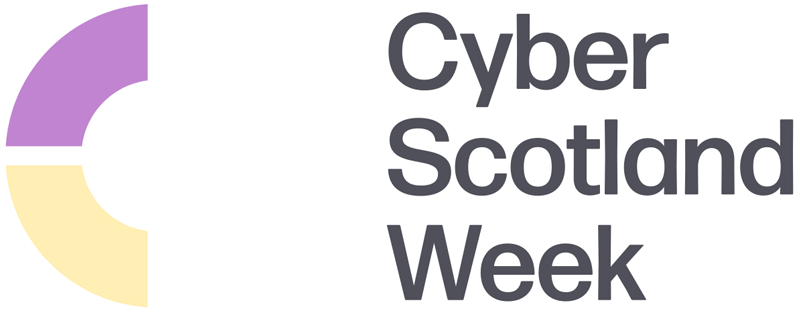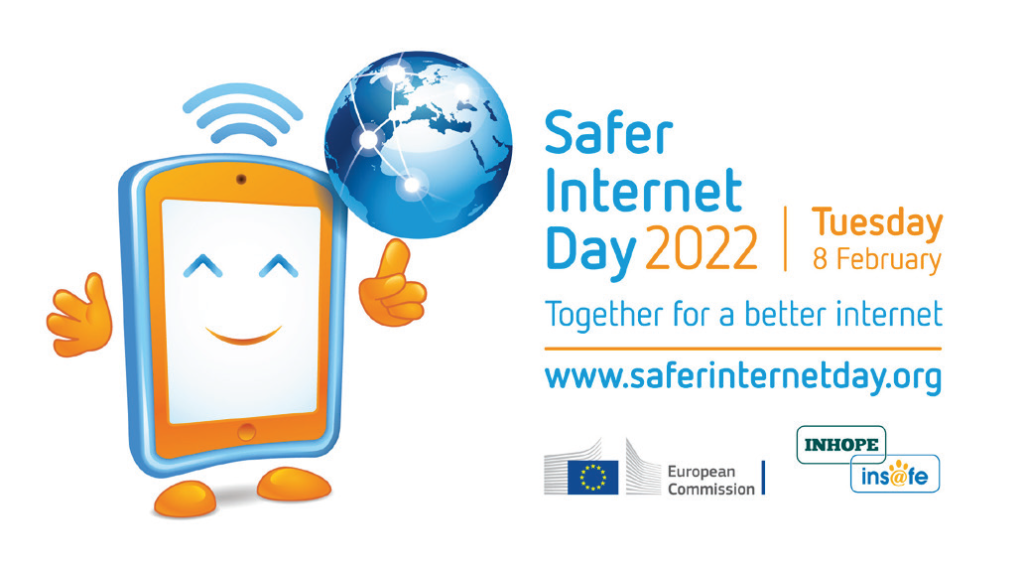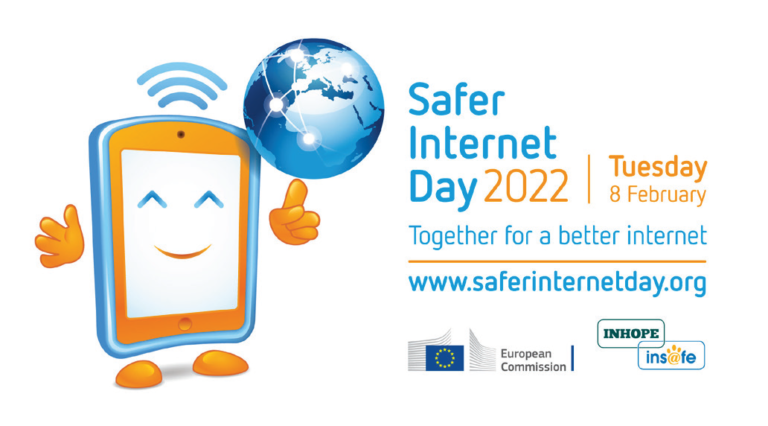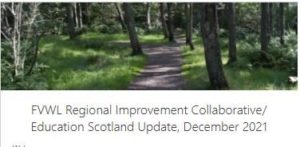Reported by BBC News-Rise of the five-year-old ‘TikTots’
Children as young as five use social media, despite most platforms having rules users must be over the age of 13.
An annual study into media habits, from Ofcom, highlighted the mini social-media mavens, with a third of parents of five- to seven-year-olds revealing their child had a social-media profile.
Among the eight- to 11-year-olds who used social media, the most popular platform was TikTok, with one in every three having an account.
TikTok is a “strictly a 13+ platform”.
A spokesman for the viral video-sharing platform said: “We have processes in place to enforce our minimum-age requirements, both at the point of sign-up and through the continuous proactive removal of suspected under-age accounts from the platform.
“Nothing is more important to us than the safety of our community, especially young people.”
‘Really striking’
The report noted even younger children – TikTots as Ofcom dubbed them – were watching videos on TikTok, including 16% of the three- to four-year-olds.
But this could be children being shown videos by a parent or other older person and does not imply they have own accounts.
Ofcom strategy and research director Yih-Choung Teh said the findings were “really striking”.
“I have an 11-year-old and an eight-year-old,” he said, “60% of their peers have a social-media profile, which I find a bit surprising.
“Big-tech platforms set minimum ages in their terms and conditions – but it does seem that they aren’t really being enforced.”
But Mr Teh also said parents had to be aware of what their children were doing online.
“It’s not always very easy to tell what they’re watching and I think, as a parent, we have responsibilities to have a good dialogue with our kids about what they are doing,” he said.
But the survey also found 22% of parents of three- to four year-olds and 38% of parents of eight- to 11-year-olds said they would allow their child to have a profile on social media before they reached the minimum age.
Incognito mode
“Many children could be tactically using other accounts or ‘finstas’ – fake Instagrams – to conceal aspects of their online lives from parents,” Ofcom suggested.
Instagram is an over-13’s platform and offers a number of parental controls.
But across social media many children choose to have multiple profiles on the same social media app or site the survey suggested.
Two out of every three of eight- to 11-year-olds surveyed used multiple accounts or profiles on social media, the regulator said.
“Among these, almost half (46%) have an account just for their family to see,” it noted.
The survey also found one out of every five of children aged 12-17, surfed in incognito mode or deleted their browsing history.
Digital natives
The just published Online Safety Bill makes it a legal requirement for sites and platforms that show pornography to prevent children accessing inappropriate or harmful material.
But a significant minority may already be adept at working around technologies designed to prevent access to inappropriate material, the survey suggests.
One in 20 children “circumvented parental controls put in place to stop them visiting certain apps and sites (6%)” Ofcom said.
Mr Teh said those who were digital natives would often have skills beyond many of their parents.
The key was “ensuring that we have a good awareness of the online environment, what tools that we can use in terms of parental controls, but also that we have conversations with our kids about what they’re doing”.
But the study also found the children had many positive experiences online.
Despite significant concerns, 53% of the 13- to 17-year-olds told Ofcom being online was good for their mental health, while 17% disagreed.
The survey also found 70% of the adults were confident they could spot misinformation – but only 20% could correctly identify the tell-tale signs of a genuine post.
Among the 12- to 17-year-olds, these proportions were nearly 75% and just over 10%.

Analysis Mike Wendling, BBC Trending
Perhaps the really surprising statistic in the Ofcom research is so many people – more than two out of every three – are pretty sceptical about what they see online.
But there is one problem – they are vastly overconfident in their abilities to pick out truth from fiction.
Only about one in four of those surveyed could spot a fake social-media profile in practice.
And while a common trope stereotypes misinformation spreaders as clueless boomers spouting off on Facebook, digital natives are not much better at fake spotting.
Only about one in 10 of the 12- to 17-year-olds could identify the tell-tale signs of a genuine post.
And remember, the UK is among the most wired and technology-savvy countries in the world.
When it comes to media literacy, there is big work to be done.
The Online Safety Bill requires the technology giants to remove the most harmful misinformation and boost Ofcom’s powers.
But with a problem this complex – and misinformation polluting the online conversation about everything from Covid to the war in Ukraine – nobody is under the illusion it can be magically legislated away.


